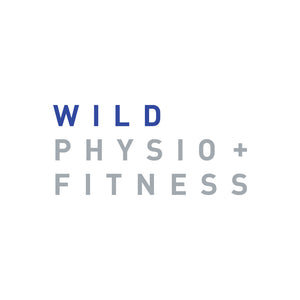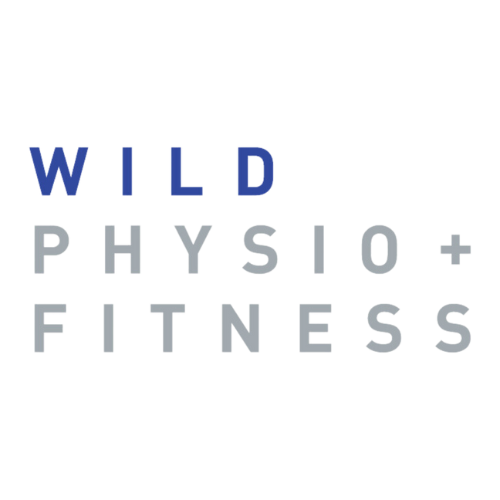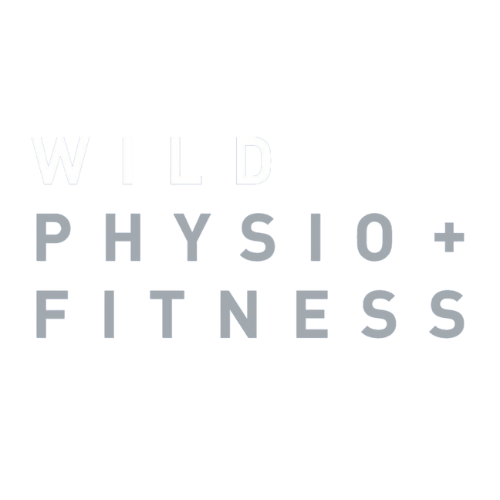So you've smashed your session—whether it was weights, a long run, or a sweaty Pilates class.
Now what?
What you do after your workout matters just as much as what you do during it.
Post-training nutrition is your chance to:
-
Refuel your energy stores
-
Repair and rebuild muscle
-
Rehydrate your body
And the best part? It doesn’t have to be complicated.
1. Protein = Muscle Repair
Your body needs protein to kick-start muscle recovery and support strength gains.
Aim for about 0.4g of protein per kg of body weight within 2 hours of your session.
Bonus tip: Look for at least 2g of leucine, which plays a big role in muscle protein synthesis—common in animal or soy-based proteins.
Easy protein ideas:
-
Pre-made shakes or protein powders
-
Protein yoghurts or bars
-
Eggs, tofu, or vegetarian options
-
Up&Go or YoPRO for on-the-go options
-
Sandwiches with meat or plant-based fillings
2. Hydration = Recovery Support
Even a light sweat session can lead to fluid loss. Rehydration is key for circulation, nutrient transport, and recovery.
Try this:
-
Have a big glass of water after training
-
Keep sipping throughout the day
-
Use urine colour as a guide—pale = well hydrated
-
Let food contribute electrolytes (think fruits, veggies, or salty recovery meals)
3. Carbohydrates = Refuel & Rebuild
Carbs help restore the muscle glycogen you just used up—essential for energy levels, brain function, and prepping your body for your next session.
Rather than forcing in a carb-heavy meal straight away, focus on your total daily intake.
Great options include:
-
Sweet potato
-
Brown rice or whole grains
-
Pasta (especially whole grain)
-
Nourish bowls with carbs + colour
Final Thoughts
Post-workout nutrition doesn’t need to be perfect—just purposeful.
Aim to tick these three boxes:
✔ Protein
✔ Fluids
✔ Nutrient-rich carbs
Whether you're training to build muscle, increase energy, or just feel good, what you do after your workout makes a difference.






